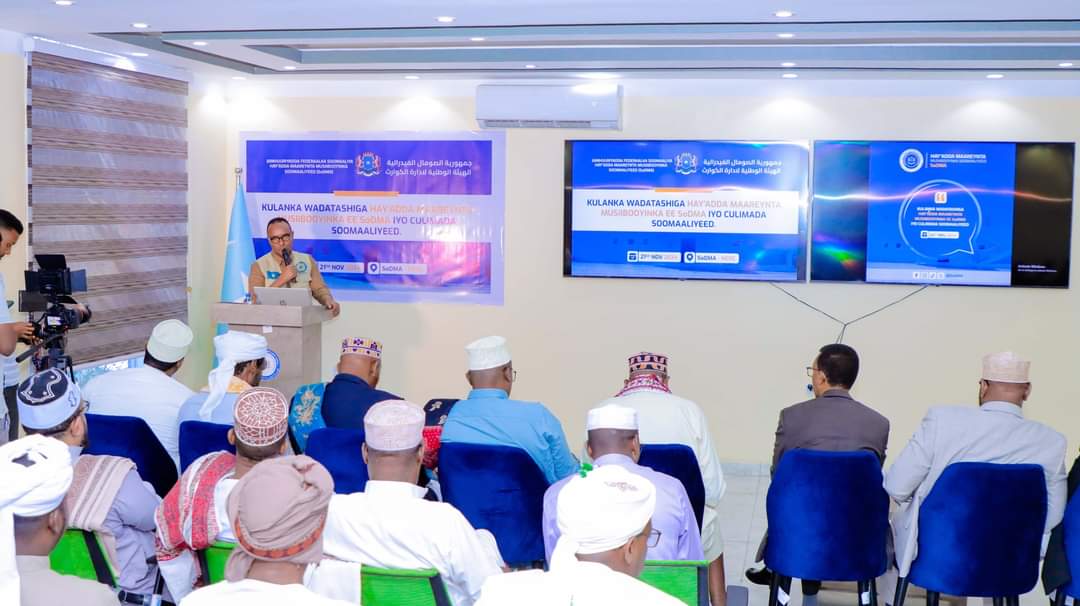Addis Abeba – The International Commission of Human Rights Experts on Ethiopia (ICHREE) released its final report today detailing human rights violations committed during the two-year war in Tigray, Amhara, Afar and ongoing conflict in Oromia region before its mandate was terminated. The report documents staggering scale of violations and abuses perpetrated by all sides.
In the report released at the end of the Human Rights Council’s 54th session, the commission implicated Ethiopian federal forces, Eritrean forces, and allied regional forces in “mass killings, widespread and systematic rape and sexual violence, including sexualised slavery against women and girls, deliberate starvation, forced displacement, and large-scale arbitrary detentions which amount to war crimes and crimes against humanity”.
It accused Tigrayan forces of “killings, widespread rape and sexual violence, destruction of property and looting amounting to war crimes”.
“The scale and continuity of violence in Ethiopia since 03 November 2020 is such that the present report cannot be considered to be fully reflective of the harms experienced by civilians in the regions under investigation,” said Mohamed Chande Othman, the chairperson of the Commission.
The commission said it did not have sufficient time or resources to make a determination on potential genocide or crimes of extermination. But Othman stressed the vital need for fuller investigations to establish facts and legal accountability.
With its mandate terminated after today’s presentation, the commission issued a stern warning that the road to justice must not end here. It expressed grave concern over the continued presence of Eritrean forces in Tigray, saying their violations both before and after recent ceasefire deals underscore how impunity breeds further atrocities.
Commission expert Radhika Coomaraswamy said hopes for domestic accountability are “extremely remote,” leaving victims desperate for regional and international action. Fellow expert Steven Ratner called it a major blow for victims that the commission’s work was halted prematurely, stressing that “it is essential that this work continues.”
Othman urged the international community not to forget the conflict’s victims. He called for strengthened monitoring of conditions on the ground and universal jurisdiction for prosecutions abroad. With alarming risks of further crimes if left unchecked, the commission said its final report must not be the final word. Justice and accountability are vital for sustainable peace, Othman emphasized.
The draft motion to extend the International Commission of Human Rights Experts on Ethiopia was not renewed and passed its deadline on October 4th,despite repeated appeals from leading human rights organizations worldwide calling for its extension.
In the weeks prior to this deadline, members of the Commission sounded alarms over the high risk of continued atrocities absent independent investigations into ongoing human rights abuses in the country. They expressed deep concerns about the potential for further crimes against civilians given the volatile climate in Ethiopia.
International human rights groups underscored the vital need for the UN Human Rights Council to utilize its mandate to help prevent rights violations and respond to emergencies such as those thoroughly documented in the Commission’s latest report. AS









